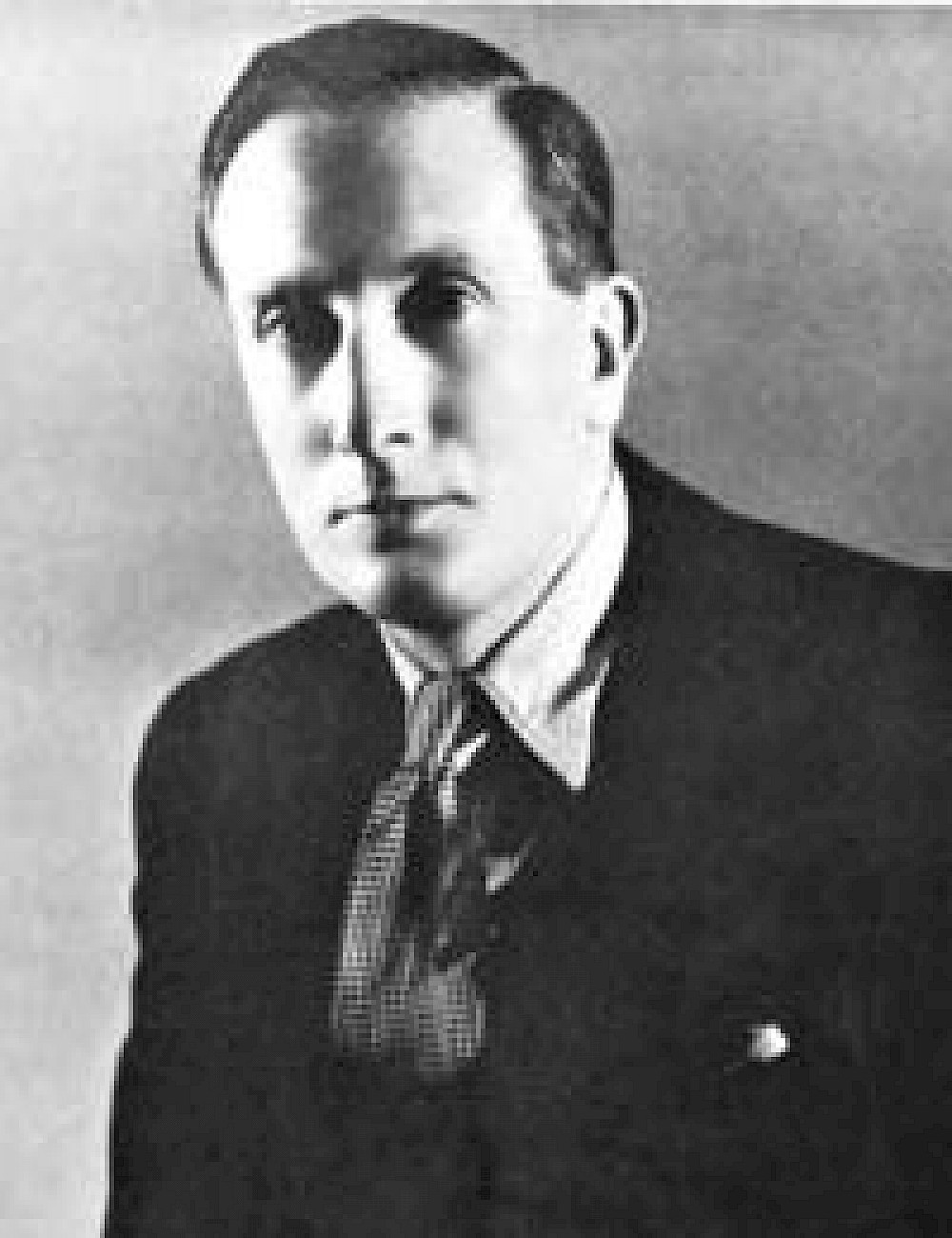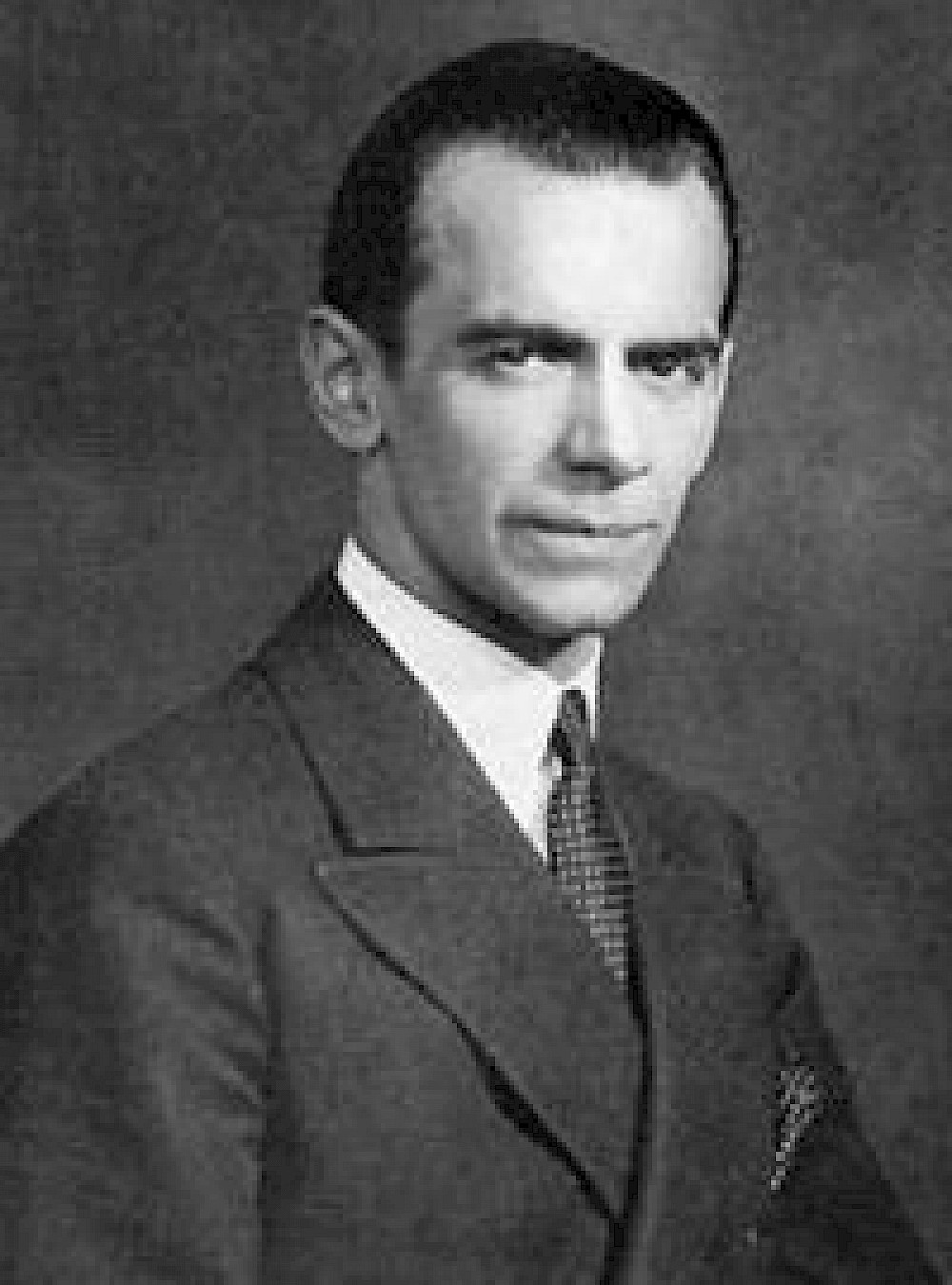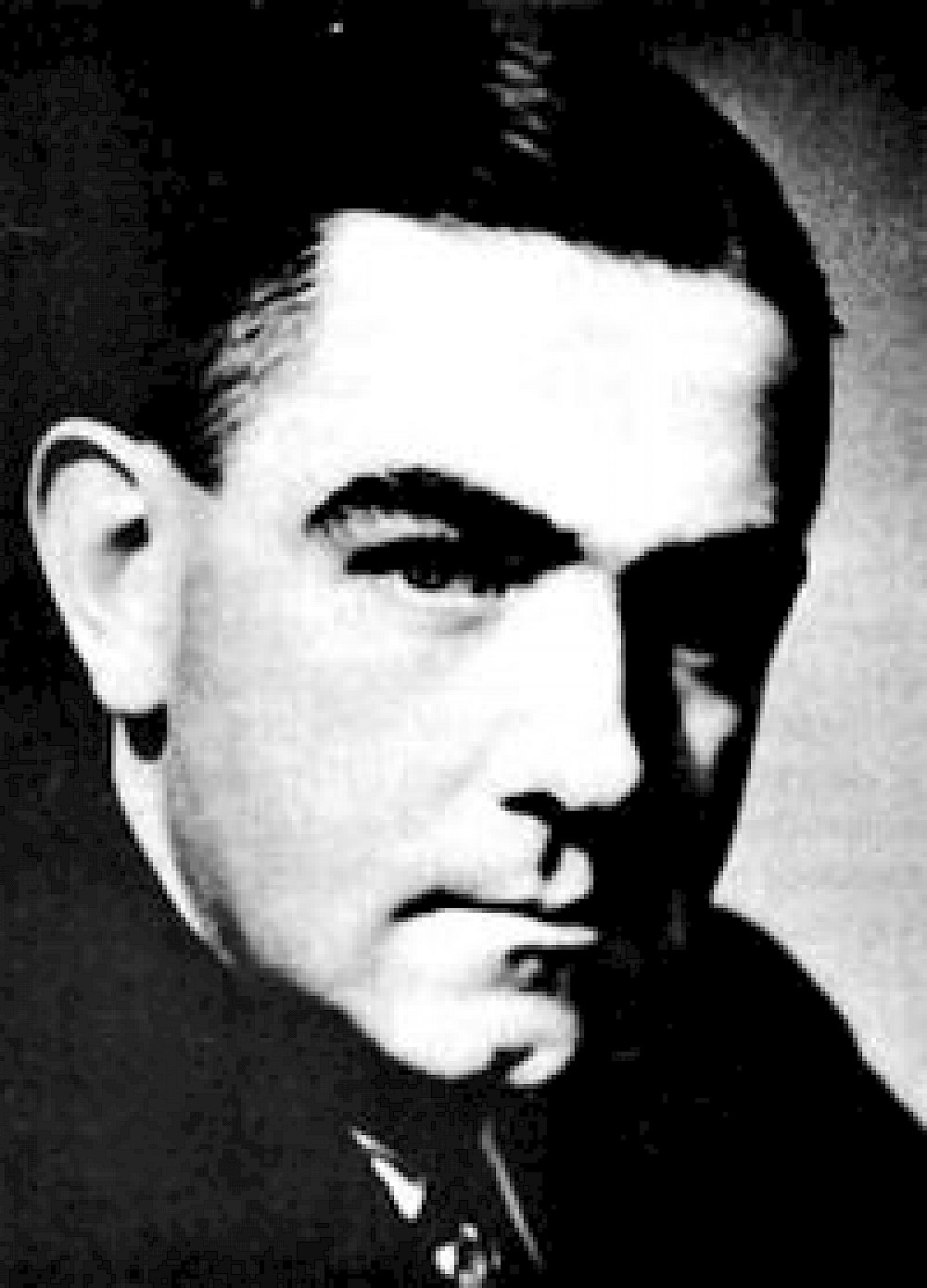

Walton's Belshazzar’s Feast was first heard at the 1931 Festival. Other new works were Frederick Austin’s twenty-five minute choral setting of the third century Latin poem Pervigilium Veneris and Eric Fogg’s The Seasons.
Belshazzar’s Feast was a sensation, completely eclipsing the other novelties. He had written it soon after the success of his viola concerto in 1929, and was still living with the Sitwells. It had begun as a commission from the BBC for a work for soloist, small chorus and no more than 15 instrumentalists. Osbert Sitwell came up with the ‘Writing on the Wall’, but Walton had not heard of it, and soon became confused when he was told the story of Nebuchadnezzar, at first thinking it was something to do with the Israelites eating grass. Sitwell produced a libretto.
The work soon expanded beyond the forces the BBC specified but it was rescued by Beecham, who programmed the work for the 1931 Festival. Walton believed until he arrived in Leeds that Beecham would conduct, but instead Beecham passed the score over to the young Malcolm Sargent for the first performance, adding, in the words of Walton's wife Susana: “You do seem to have got everything in. The work might not be heard again, so why not throw in a brass band; there are such excellent ones around.” This from a man who once said, “Brass bands are all very well in their place - outdoors and several miles away”! Walton thought the suggestion was a good one, so he included two of them, as they were already on hand for a performance of Berlioz’s Requiem.

Malcolm Sargent knew well how to control the Chorus, using his great charm to great effect. Sopranos and contraltos adored him. Beecham was good with choruses too, often coming out with memorable utterances like. “Now, ladies and contraltos, if you will look to your parts, you’ll see where the gentlemen and tenors come in.” There is no record that he tried that one on the ladies of this particular Chorus, who were apparently in open revolt over the impropriety of singing words like ‘concubines.’ Chorus Master Norman Strafford must have helped to persuade them to stretch their tolerance levels.
Walton thought that the pace of the first performance was too slow, but it was nevertheless a resounding success, soloist Dennis Noble receiving plenty of compliments. In a 1958 programme essay, the Yorkshire Post’s young music critic Ernest Bradbury, after noting that many choral society members could sing much of the piece without so much as glancing at their copies, pointed out that

Poor Fogg! There is no record of how he felt about everybody’s eyes being on Walton. His richly lyrical piece The Seasons was not revived until 2006, dust being blown from the original 1931 scores. Fogg was well known to listeners to Children’s Radio in the late Thirties as ‘Uncle Eric’.
Beecham and Sargent were the conductors for the following two Festivals. Cyril Scott’s La Belle Dame Sans Merci and George Dyson’s The Blacksmith were new in 1934 and in 1937 Walton produced a new choral work, In Honour of the City of London (which did not repeat the success of Belshazzar) and Lennox Berkeley produced another choral work, Jonah.